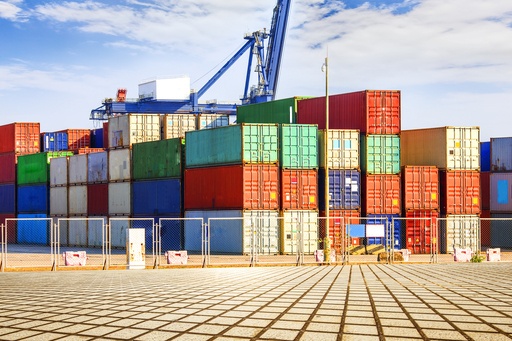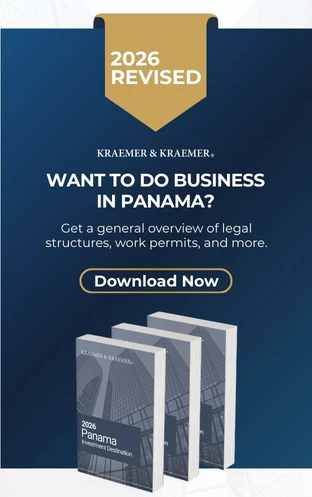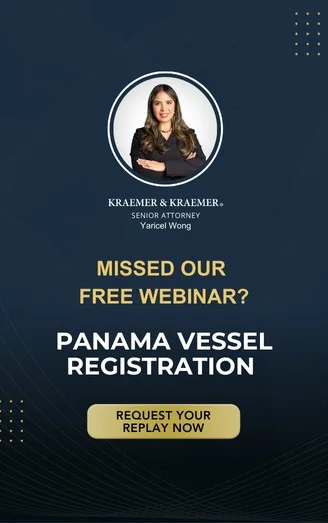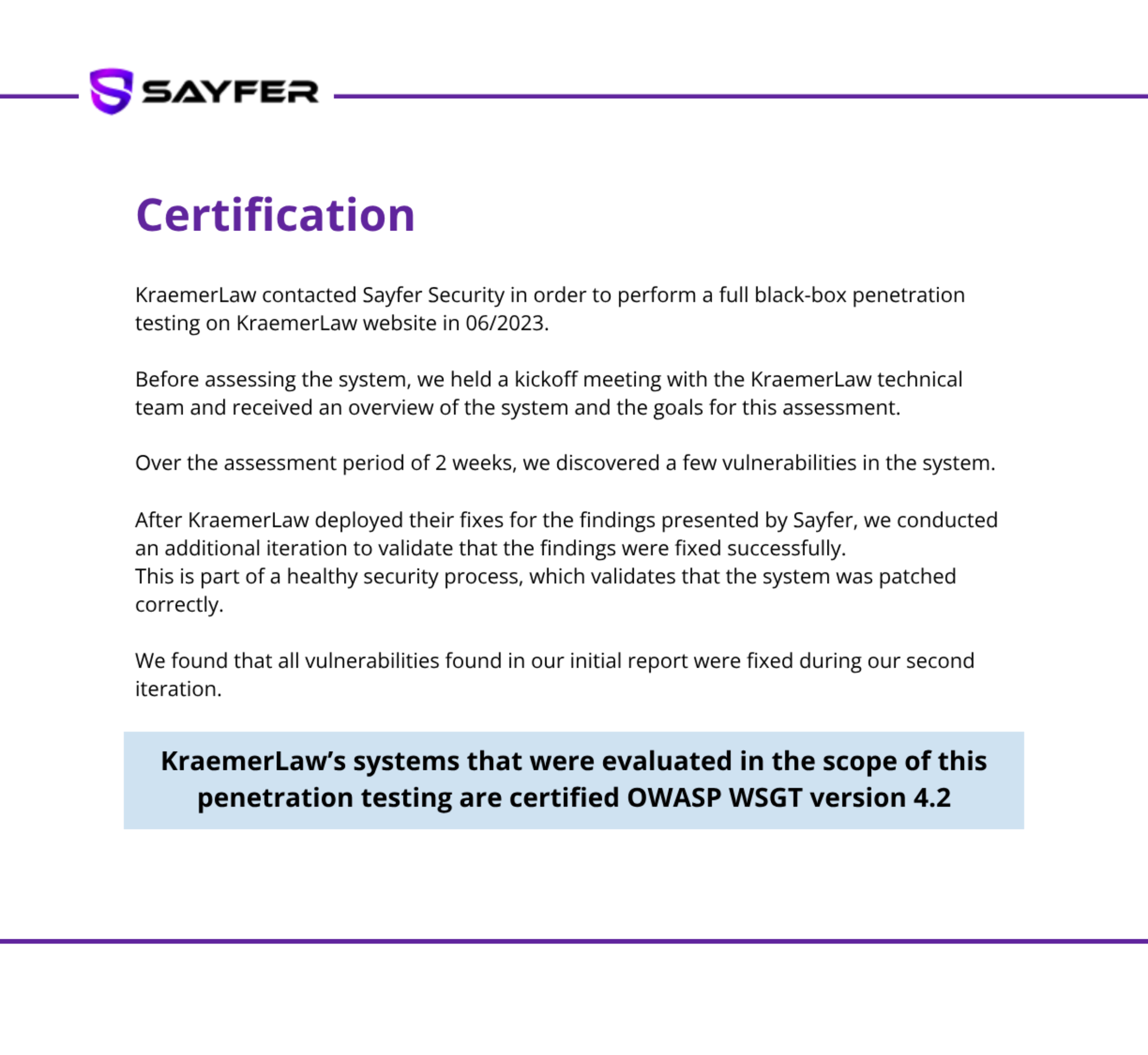The free trade zones in the world are a relevant part of the operation of international trade and for the attraction of investments to the territories. These zones allow companies to operate with fewer customs regulations and tax benefits, which promotes business growth and stimulates the economy of the host countries.
In this article, we will take an in-depth look at what a free trade zone is, explore the most popular free trade zones in the world from the past year, and explain how international companies can access these economic havens.
A Quick Overview: What Is a Free Trade Zone?
Free trade zones in the world are designated areas within a country where goods can be imported, stored, handled, manufactured or exported without the usual customs regulations. These zones are commonly located near ports or borders, which facilitates the movement of merchandise and encourages commerce.
The purpose of free trade zones around the globe is to improve business activity by reducing the logistical and financial burdens associated with cross-border interchange.
Through special tax incentives and customs exemptions, these areas help increase annual export values, providing more opportunities for businesses to grow. In many cases, countries with limited economic growth rely heavily on their free trade zones to attract foreign direct investment.


What Is a Free Zone Company, Then?
A free trade zone company is an entity established within a free commercial zone. These businesses benefit from convenient regulations, lower tax rates and customs exemptions that are otherwise unavailable to companies operating outside of these zones. Understanding what a free zone company is helps businesses decide whether relocating to or establishing operations in these areas would benefit their specific objectives.
Some businesses in free trade zones in the world benefit from full ownership rights by foreign investors, eliminating the need to establish local partnerships. This allows them to have greater control over their operations and make strategic decisions in a more agile manner, avoiding certain trade barriers.
Some businesses in free trade zones in the world benefit from full ownership rights by foreign investors, unlike companies in areas that are not located there, which often require local partnerships. One reason companies choose to locate in those zones is to avoid certain trade barriers and, at the same time, benefit from lower operating costs.
7 Popular Free Trade Zones in the World
Those are some of the best free trade zones in the world for businesses looking for growth, cost-saving advantages, and global market access.

Panama
The Panama free zone is one of the largest in the Americas, with 16 free zones in operation and 6 under construction. It offers many benefits to companies looking for easier access to North and South American markets, distinguishing it from other free trade zones around the world. Its strategic location near the Panama Canal, one of the busiest shipping lanes globally, adds to its importance.
A key area within this network is the Colon Free Zone, which specializes in the re-export of goods to various markets, taking advantage of Panama’s trade agreements to facilitate the entry of international products.
Panama’s trade agreements to provide ease of entry for international products.
The legal framework of Panama’s Free Zones is constituted by Law 32 of 2011 and Executive Decree 62 of 2017, which establishes a special regime that provides tax, immigration and labor incentives:
Tax exemption: companies enjoy exemptions from import, export and some local taxes.
Administrative simplification: Facilitated customs and regulatory procedures are implemented, which makes operations more efficient.
Access to global markets: Strategically located free trade zones allow companies to expand their operations internationally.
Labor incentives: Favorable conditions for hiring local and foreign personnel.
Modern infrastructure: High-level logistics facilities for efficient operations.
Costa Rica
America Free Zone in Costa Rica is one of the best free trade zones in the world, especially in Latin America. Located near San José, it offers world-class infrastructure for companies in sectors such as services, manufacturing and technology. Many multinational companies have established their headquarters in this zone, benefiting from its favorable trade agreements and the country’s highly skilled labor force.
Companies established under the Regime of America Free Zone Costa Rica enjoy a series of tax and customs benefits designed to encourage investment and economic development, such as:
- Tax exemption on the import of inputs, export of finished products, local purchases necessary for their operations, and transactions related to real estate, patents and remittances.
- Special profit tax benefits for extended periods, depending on their location, economic activity and level of investment.
- Tax credits for reinvesting profits in fixed assets or training.
- Support for the development of the labor force through training programs for workers.
It should be clarified that the specific benefits and eligibility requirements may vary depending on the category of the company, its location and other factors. It is advisable to consult current legislation for precise information.
Free Zones in UAE
The special free zone in UAE is one of the most established and diverse networks of economic free zones in the world. With more than 30 zones across Dubai, Abu Dhabi and other emirates, these zones are critical for companies looking to connect with markets in the Middle East and Africa.
The free zone in UAE is characterized by its strategic location, sophisticated infrastructure, unique tax incentives and trade facilitation measures:
- Tax exemptions on import, export and profits.
- Simplified procedures for administrative and customs formalities.
- Flexible conditions for hiring local and foreign labor.
- Modern logistics facilities that facilitate trade operations.
Mauritius
Mauritius is home to one of Africa’s most prominent free trade zones in the world, attracting companies from various sectors like finance, manufacturing, and technology. The government has entered multiple trade agreements that improve market access for businesses established in this zone, which has helped the country increase its annual export numbers. It also offers investors numerous advantages, such as:
- Exemption of taxes on imports and exports, facilitating competitiveness.
- There are facilities such as the elimination of tariffs for the import of raw materials, machinery or capital goods.
- Free trade zones offer infrastructure and specialized services thatimprove operational efficiency.
- These zones facilitate access to international markets, with simplified customs processes.
China
China has some of the most influential free trade zones in the world, with prominent examples like the one in Shanghai. These zones are strategically positioned at key ports to facilitate access to shipping routes. The combination of their strategic location and favorable regulations has increased exports, especially in sectors like electronics, automotive, and manufacturing.
- Business registrations in Free Trade Zones are faster and simplified, allowing operations in less than a week.
- Facilities are offered to pay taxes in installments, as well as tariff and VAT exemptions on imported and exported products.
- Companies can import and export without immediate tariffs, reducing costs and improving logistics.
- The zones eliminate customs barriers, enabling faster and more efficient import and export.
Cayman Islands
The Cayman Islands free trade zone is recognized for ease of doing business and access to a wide range of international markets. Known for its favorable tax regime, the country focuses on financial services and offers a free trade zone to the industry that supports sectors such as finance, aviation and maritime services, without the bureaucratic hurdles faced by larger markets.
Important benefits that Free Trade Zones (Special Economic Zones) in the Cayman Islands offer to companies include:
- Companies in these zones are not subject to direct taxation, allowing for greater international competitiveness.
- The creation of companies in the zones is fast and efficient, facilitating the process of starting operations.
- Tariffs associated with imports and exports are reduced, which lowers operating costs.
- The business registration and licensing process is accelerated, allowing companies to start operations quickly.
- Fees for employment certificates, required to hire non-local workers, are more competitive, reducing labor costs.
Poland
Poland’s free trade zones, particularly the Katowice Special Economic Zone, have been key to the country’s economic growth. These support industries such as automotive, electronics and machinery, and attract foreign investment. Poland’s advantageous location within Europe, along with its extensive trade agreements with neighboring countries and reduced corporate taxes, makes the country’s free trade zones particularly attractive. These zones offer several benefits, including:
- Income tax exemptions and, in some areas, also property tax exemptions.
- Access to land prepared for investment projects.
- Tax exemption can be combined with government subsidies and EU funds.
- Availability of research facilities and technical support offered by Special Economic Zone (SEZ) administrators.
- Opportunities to cooperate with other companies operating in the same SEZ.
- Connection to supplier, maintenance and certification networks that support production and development.
- Daily assistance and advice from SEZ managers.
How International Businesses Can Access a FTZ

For international businesses aiming to capitalize on the benefits of global free trade zones, it is important to understand the necessary steps for setting up operations:
Selecting the right free trade zones in the world based on the industry, location, and trade agreements that offer the best advantage for the business.
Before setting up operations, businesses need to understand what a free zone company is, how it operates, and the regulations that apply locally. It is important to follow the specific rules and meet the investment requirements, though in some regions, the process has been made easier for foreign companies to establish their presence.
Some of the best free trade zones around the world may require a more thorough review of common trade policy considerations, especially when operating in an autonomous region or engaging in industries with high regulatory oversight.
Complying with local customs regulations, hiring local or foreign employees, and guarantee all legal formalities are completed. Businesses that take the time to properly establish themselves in free trade zones in the world can benefit from reduced operational costs, improved market access, and a increase to their annual export values.
In conclusion, free trade zones around the globe offer immense potential for companies looking to grow internationally. Regardless of jurisdiction, these areas are designed to promote trade, investment and business growth. By taking advantage of the convenient trade agreements and regulations offered by free trade zones in the world, companies can discover new opportunities.
Kraemer Law offers integral solutions to help your company establish and position itself in these highly productive and beneficial environments of the free commercial zones in Panamá. From strategic planning to regulatory compliance, our team of experts will provide you with the support you need to succeed. Contact us today.







